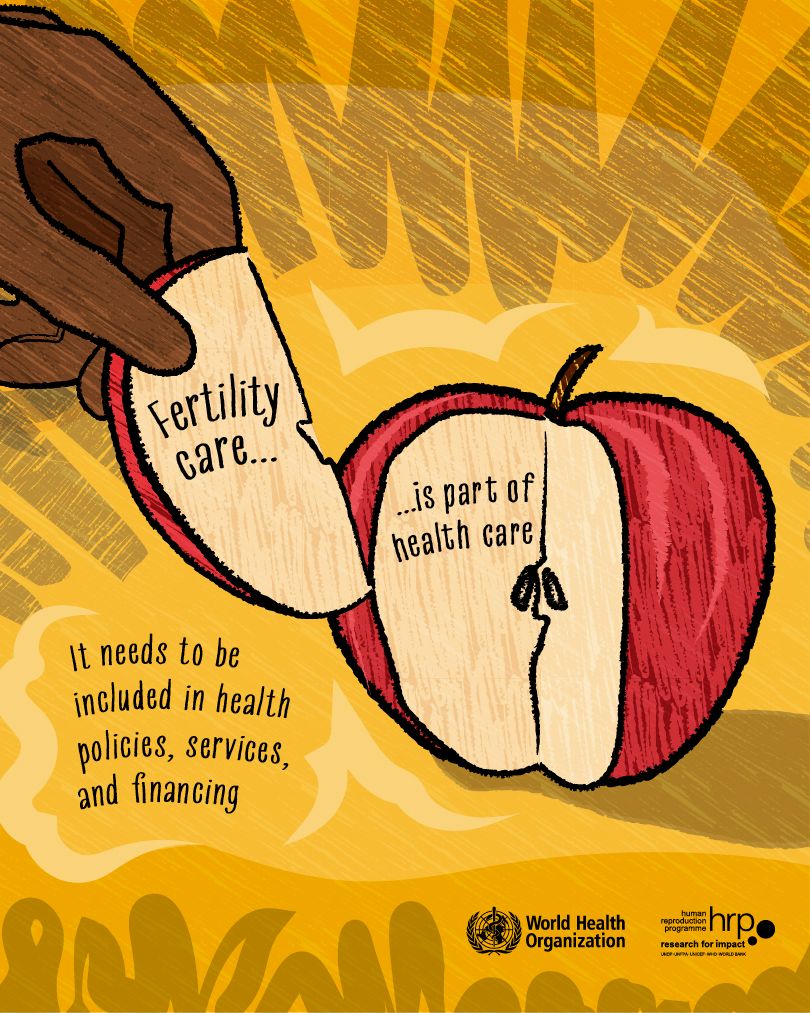The Coalition for Fertility has formally responded to the European Commission’s public consultation on its upcoming 2026–2030 Gender Equality Strategy, urging the EU to recognise fertility care as a core gender equality and human rights issue.
Our message is simple: true reproductive autonomy means the right not only to avoid having children, but also the right to try to have them - without stigma, exclusion, or financial discrimination.
Why Fertility Belongs in the EU Gender Equality Agenda
The EU’s current gender equality policies have rightly defended the right not to have children - protecting access to contraception, safe and legal abortion, and freedom from coercion. But the right to try to have children, supported by fair laws and accessible healthcare, is still missing from the picture.
This gap has real consequences for all those who are involuntary childless. Infertility, defined by the World Health Organisation (WHO) as a disease of the male or female reproductive system resulting in the inability to conceive after 12 months of unprotected sexual intercourse, affects approximately 1 in 6 people of reproductive age worldwide. However, WHO recognises the need for fertility treatment resulting from many other factors and affecting gender equality. For all those who are involuntarily childless, fertility treatments are an essential healthcare need. Ignoring that need in the health policies is a form of structural discrimination.
Our Key Recommendations to the Commission
In our submission, we call for the EU to:
- Recognise fertility care as essential, rights-based healthcare
- Adopt a reproductive justice approach
- Guarantee universal, inclusive access to fertility treatment
- Address the mental health toll of involuntary childlessness
- Invest in fertility education and public information
- Apply a “fertility lens” to all EU policy - employment, housing, environmental, and healthcare policies affect people’s ability to have the families they want.
Rejecting Coercion, Supporting Choice
The Coalition is deeply concerned by the rise of coercive pronatalist rhetoric in parts of Europe - campaigns that frame women’s reproductive choices as a duty to the state or economy. Such approaches undermine reproductive autonomy and reinforce regressive gender norms.
Instead, the EU must address the real reasons people delay or forgo parenthood: insecure jobs, unaffordable housing, lack of childcare, and inaccessible fertility care.
A Call for Action
The 2026–2030 Gender Equality Strategy is a unique opportunity for the EU to close this gap. The right to found a family is recognised in the Charter of Fundamental Rights of the EU and international law, yet too often treated as a private matter rather than a matter of justice.
We urge the Commission to:
- Name fertility care as a pillar of gender equality policy
- Ensure inclusive, publicly funded services in all Member States
- Eliminate discriminatory laws and practices
- Recognise involuntary childlessness as both a public health and equality issue
This is the moment to bring reproductive justice into the heart of EU gender equality policy. Without it, the promise of a “Union of Equality” will remain unfulfilled.



